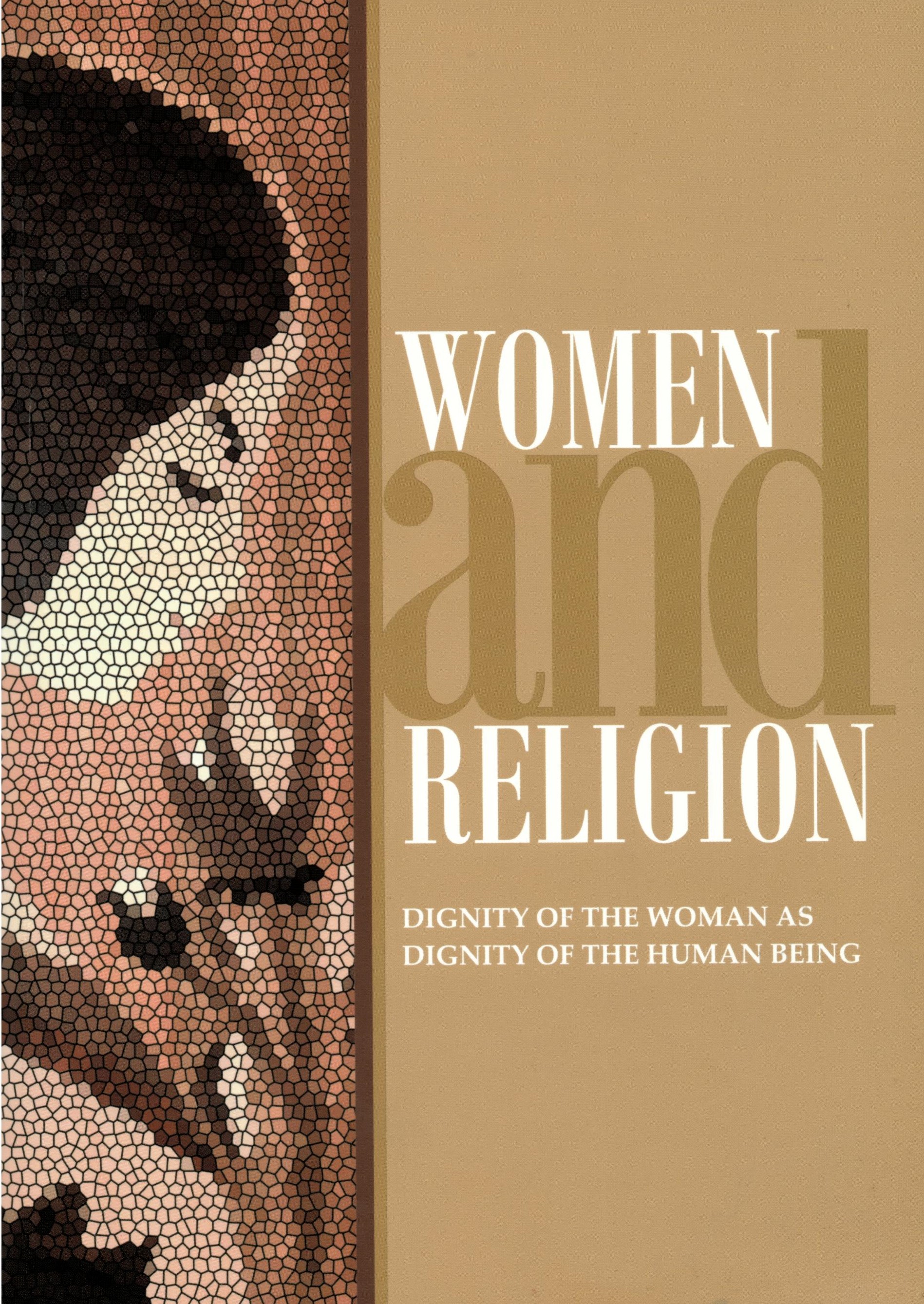While in Western Europe there is a history of women’s involvement in academic life and scholarly research, women in Eastern and Central European countries were excluded from theological research during the communist regime and continued to be marginalised a long time after it. In these countries, it is not only uncommon to hold a position in academic research, but any significant social or leadership role is unusual. These countries which suffered forty years of political oppression also have more patriarchal social structures: women therefore encounter significant difficulties in gaining an academic position in theology. Within church structures, it is also neither easy nor normal for a woman to hold a position or to be a researcher in the field of (male-dominated) theology.
All these reasons, combined with the restricted possibilities for theological research in the region, led the European Society of Women in Theological Research (ESWTR) to decide in 1998 to organize a regional conference in the Eastern and Central European countries every two years. Such conferences have taken place in Prague (1998 and 2006), Lublin (2000), Riga (2002), and Samokov/Bulgaria (2004). In 2008, Romania was the country chosen to host the regional conference, which took place in Transylvania. Recognizing that Romania in general and Transylvania in particular, and indeed all the Eastern and Central European countries from which the participants of the conference came have important contributions to make to the European experience, the theme of the conference was chosen to be: The Contribution of Women in Shaping the Spiritual Features of a Unified Europe. Past Experiences that Shape the Present and the Future.
The conference focused also on questions of gender in theological research. The speakers and participants at the conference – university professors, lecturers and researchers, and artists, all from different countries and denominational backgrounds – shared their views on the main theme. The different approaches presented at the conference helped the participants work out a modus operandi for developing a position on what female perspectives in theological research can add to shaping a common European spiritual identity. The English papers are collected in this volume; another volume including the German papers will be published shortly, complementing and completing this one. Feminism in Western Europe has a history and several phases of development. In Romania and in Eastern Europe it has generally had a negative connotation, although it has no history in this region, as several authors of this volume, including Mihaela Frunză and Liana Galabova note. Nonetheless, women’s engagement in theological research – which includes the perspective of gender and the position of women in church and society – could make an important and valuable contribution in all the countries of the region. In this volume, the reader can find out more about female sainthood, through Csilla Gábor’s interpretation; the feminine side of postmodern spirituality, in a paper by Éva Vörös; Orthodox iconography (Lucretia Vasilescu); the modern, yet classical interpretation of the sacred in contemporary ecclesiastical art (Cristina and Lucian Sabău-Trifu), modern female role models (Gordana Barudžija); new religious movements (Milka A. Hristova); and the very current theme of work-family conflict (Justyna Melonowska).
Romania joined the EU in 2007. The possibility of organizing such a conference was important for all the organizers, women involved in (academic) theological research. The opportunity of hosting such a conference encouraged women in general to dare more and trust their own abilities. The conference gave an opportunity for the members of ESWTR to present their own theological research and projects, to form teams and work together on the same theme in different countries. This conference will help its participants to become more active in sharing a new vision of women’s possibilities and involvement. These new insights are those that we would like to share through the publication of this volume.
Márta Bodó
